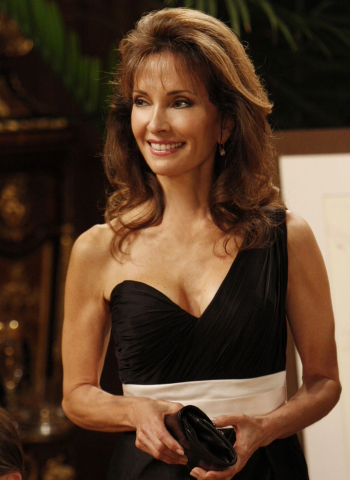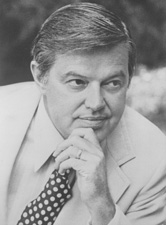And yes, I'm excited, and I'm totally humbled and happy with the good fortune and attention. I realize how easily I could have struck out on the book publishing altogether, and a fourth book is not bad at all. Yes, I know of other poets my age who are getting their eighth or so book out, or those who are being published by far more prestigious presses and occasionally appear in Poetry, The New Yorker, or American Poetry Review. But I am just too fortunate to be gnashing my teeth over not getting "better" published.
Besides, it's not like some Hollywood agent is now knocking on Rae Armantrout's door to do a movie deal. What I love about poetry is the lack of money associated with it. Yes, there is the example of the Ruth Lilly and her bequest to Poetry magazine and its foundation (at $200 million, that's even more than what T. Boone Pickens initially donated to the Oklahoma State University football program). Oh yes, Billy Collins can still get $5-10K per appearance, and he did broker the first six-figure book deal by any poet. But obviously, even the high end of the poetry market is chump change compared to any profession and to almost any trade.
And I like it that way. It allows the whole poetry enterprise to be largely untouched by commercial interests. Yes, I know that there are other corrupting influences on the professional poetry world, but money, I mean serious money, isn't one of them. I'm sure some poets are pressured in producing a certain body of work by their publisher, perhaps feeling some heat from one luke-warm, begrudging review. But that pressure is probably felt by all of six poets in the United States. The rest of us, well, we can pretty much operate on the margins doing whatever we bloody well want.
Probably the best parallel I can come up with is with peer visual artists, those who more or less have the same level of "success" in their artwork as I have in my poetry. For them--and here I'm just talking about the 30 or so truly professional artists in Lee County--they feel the pressure of producing commercially viable work, whatever seems to be working for the galleries their work appears in. It's not that they're handcuffed, but it becomes a fact of how they have to do business. Poets, outside the Blue Flower Arts agency (which represents poets as "speakers," which is where the only money really is for poetry), are free agents.
I'm pretty happy with that lot in life, that one lack of complication.



